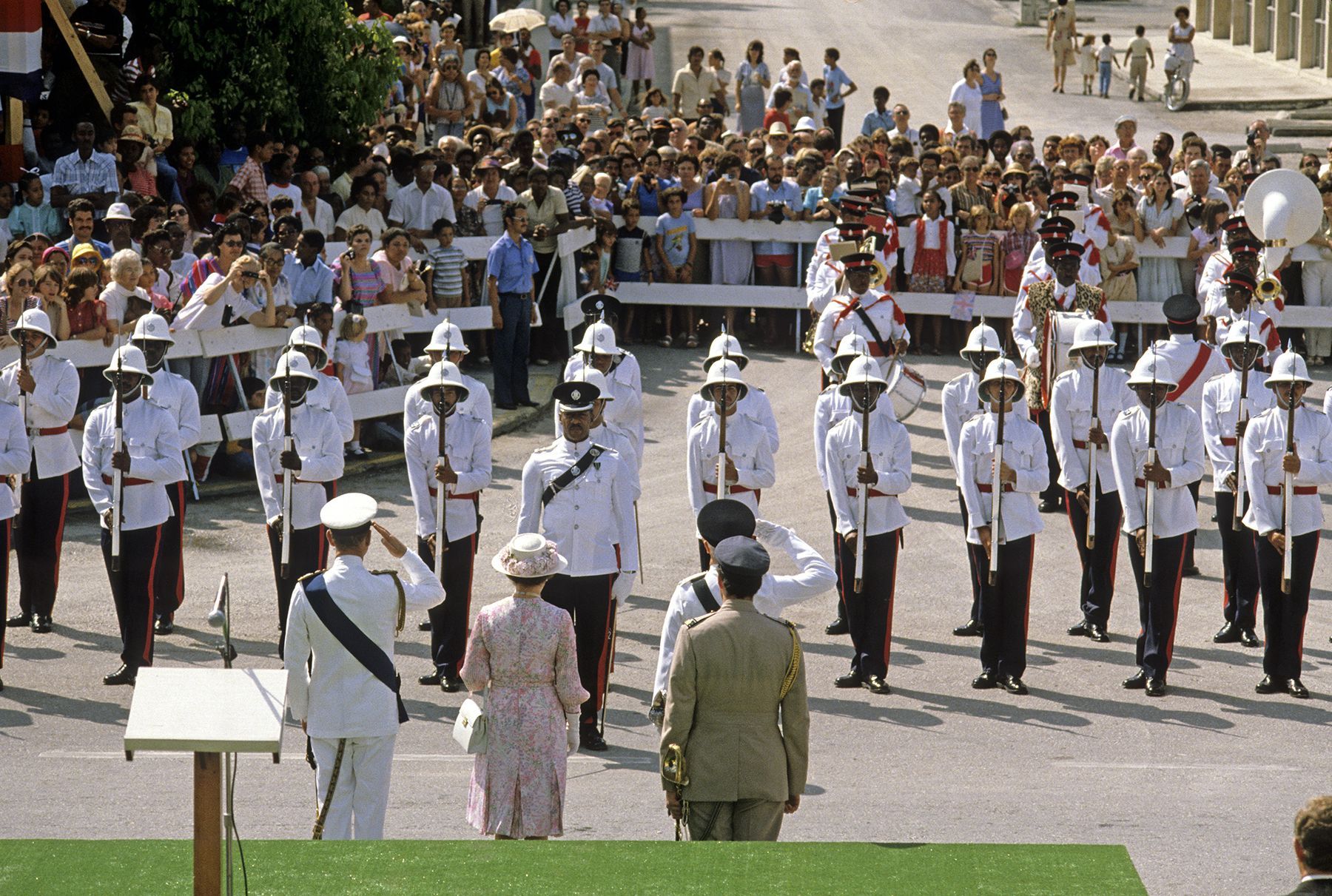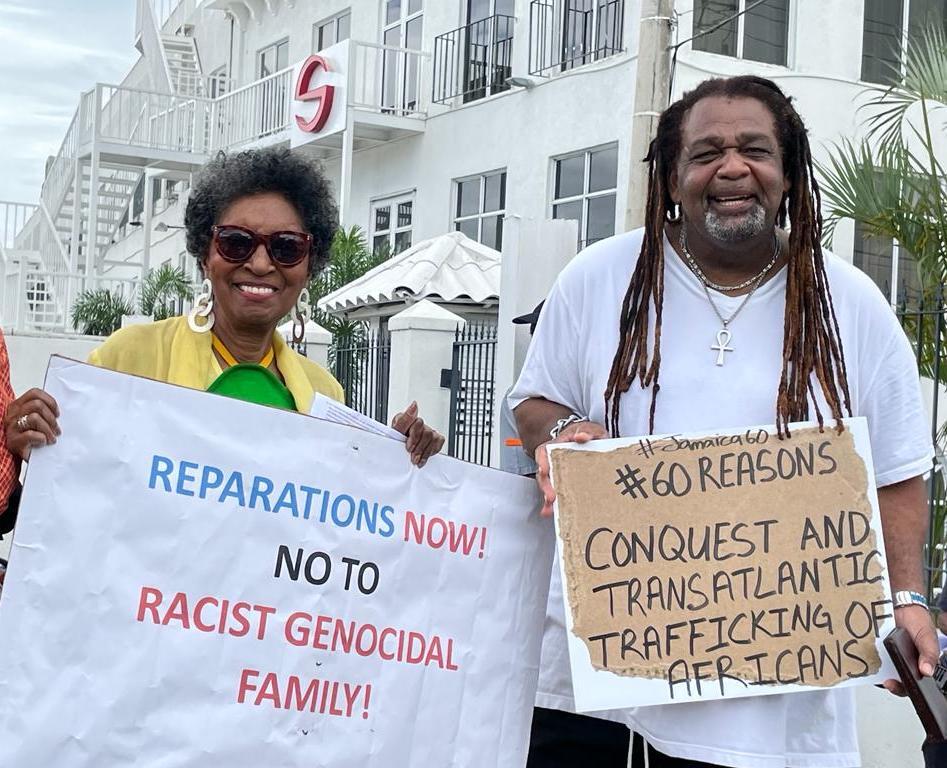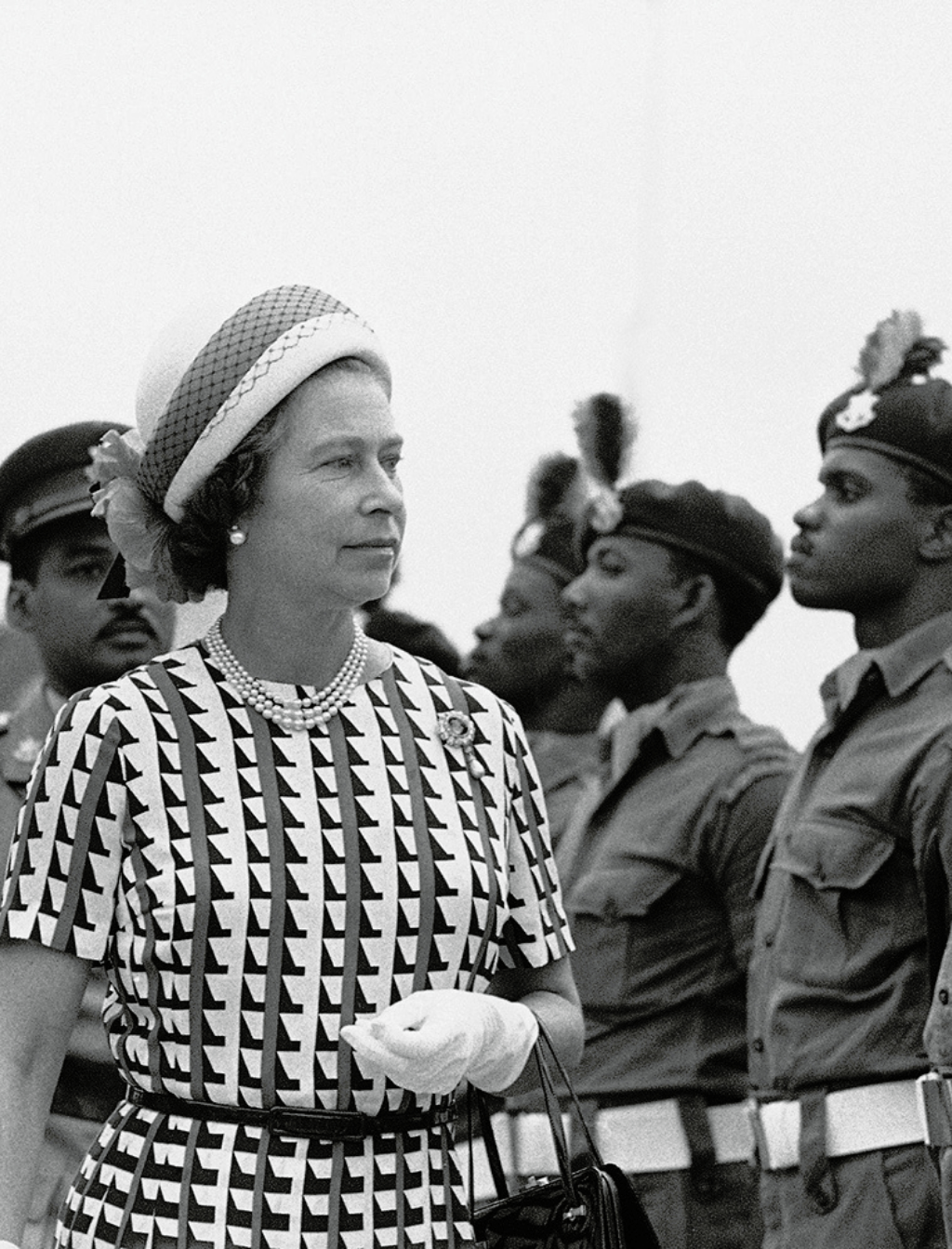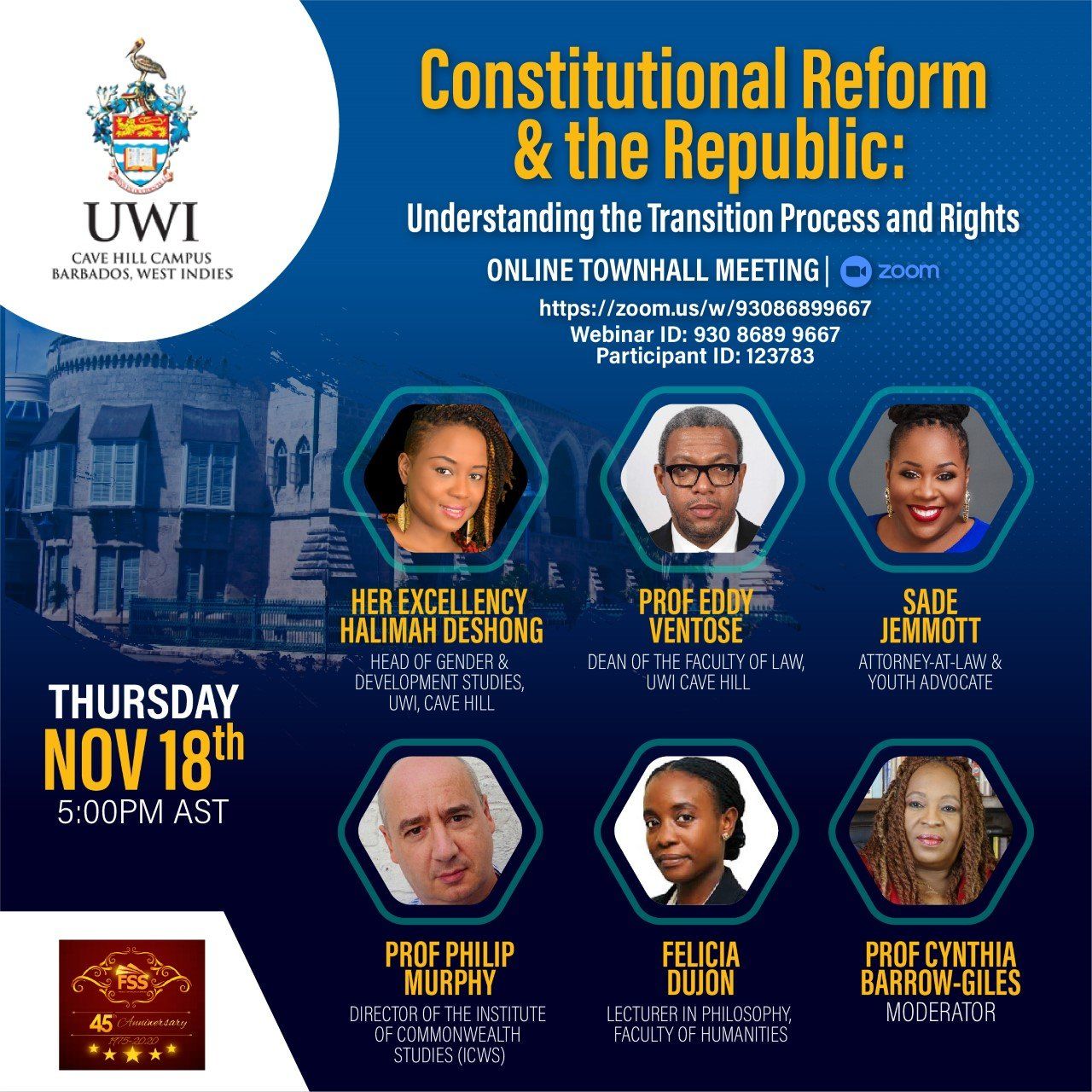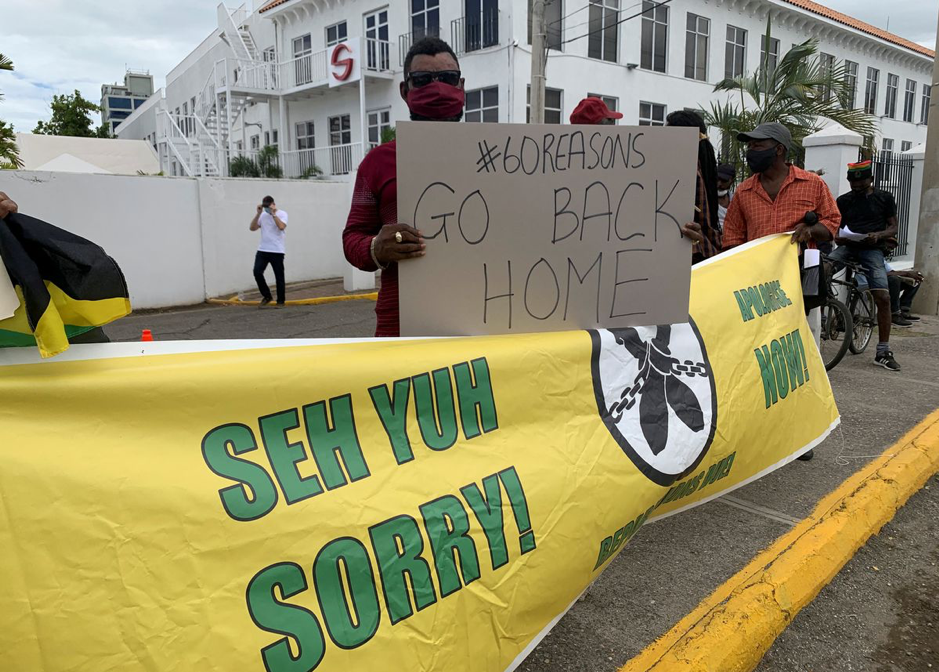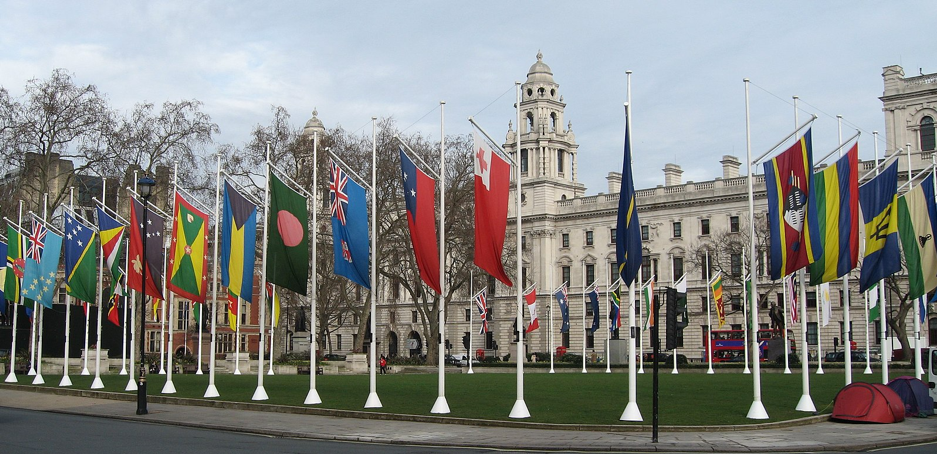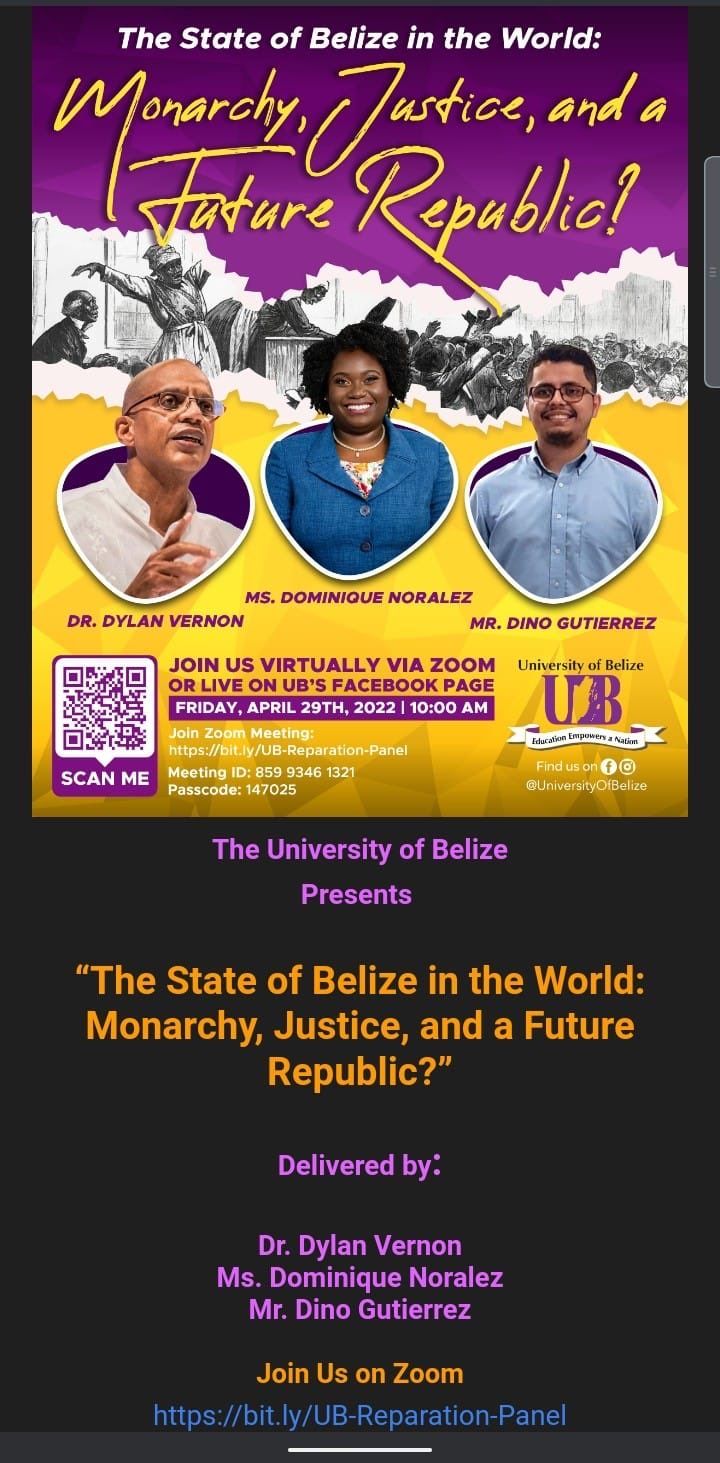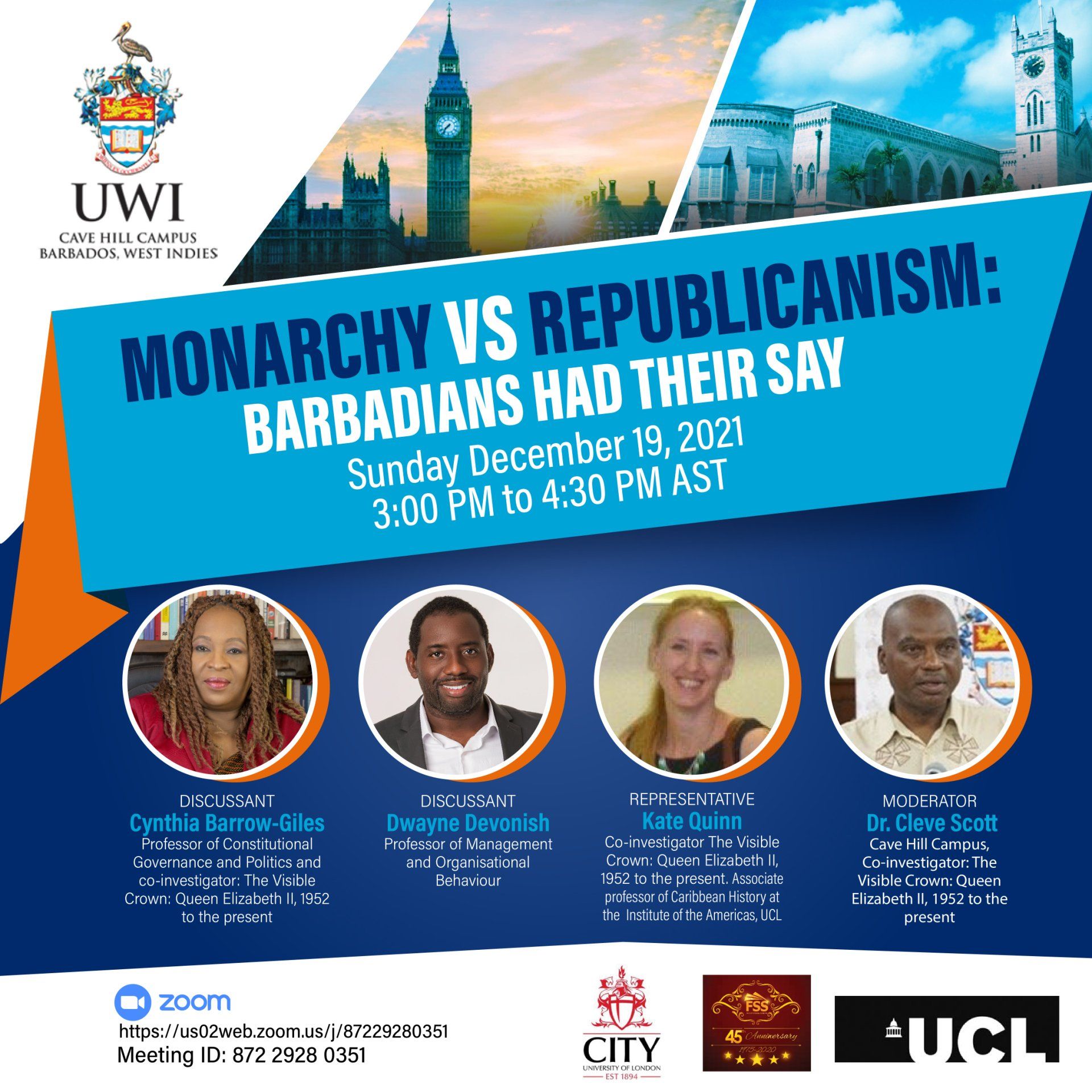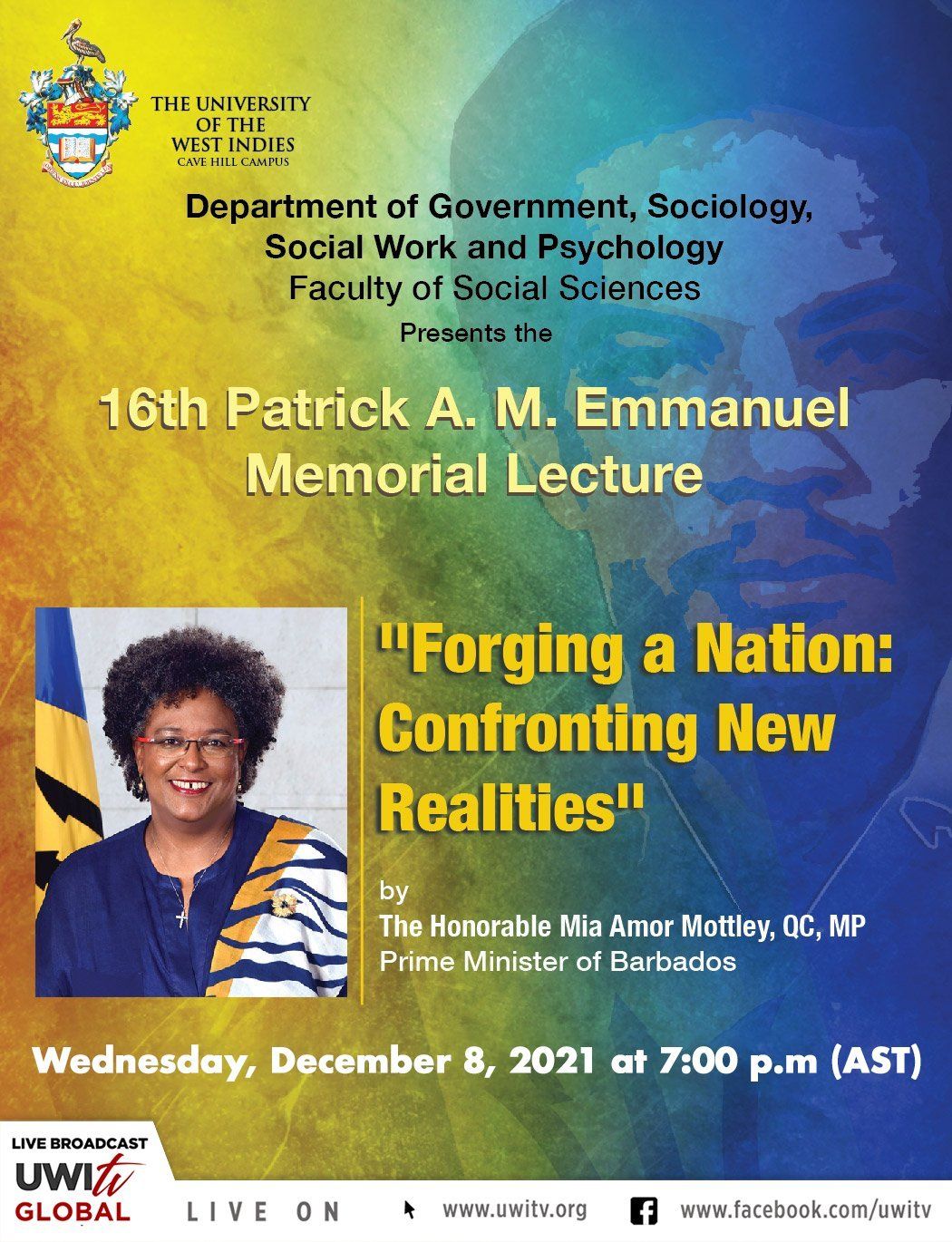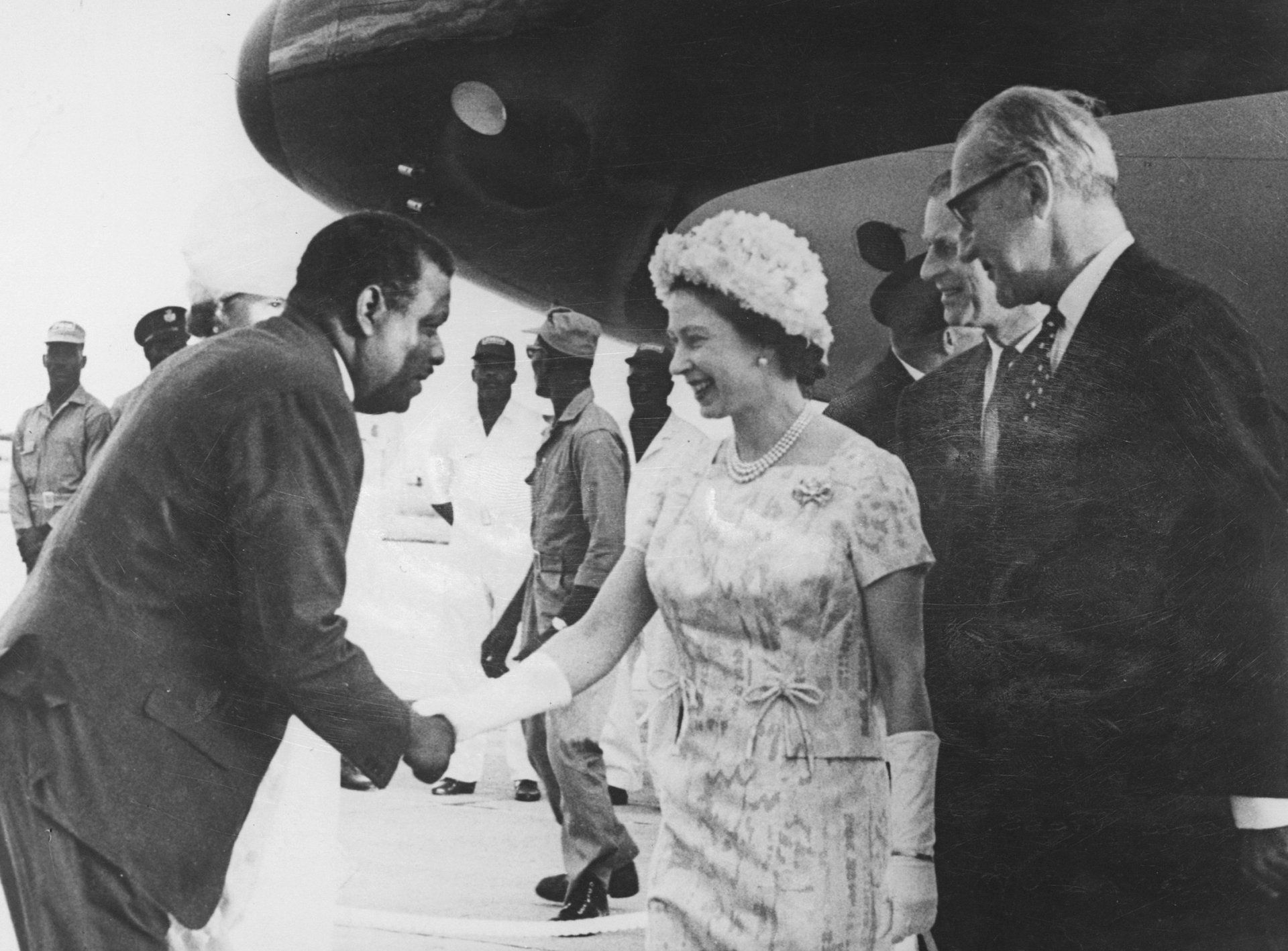Commonwealth Caribbean Wants More than Symbolic Change from British Monarchy
14 October 2022
Photo credit: Reuters
"Following the death of Queen Elizabeth II, Charles has become King, not only in the UK, but also in fourteen other countries around the world. Over half of these states are in the Caribbean and reactions to the announcement of a new King have been decidedly mixed. As people in these Caribbean ‘realms’ are faced with a new, less popular monarch, one which they have not chosen, will this accelerate a growing movement for republicanism in the region?” writes Grace Carrington for the Chicago Council on Global Affairs.
Read the full article
here.
About the author

Dr Grace Carrington
Research Fellow at both the UCL Institute of the Americas and the Department of International Politics at City, University of London. Grace’s research interests centre on Caribbean politics in the era of twentieth century decolonisation. She has published on grassroots politics and independence movements in the non-sovereign Caribbean, including Guadeloupe and the British Virgin Islands.
